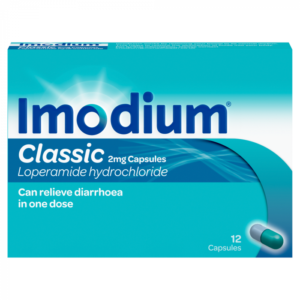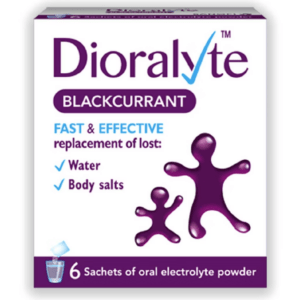We understand that diarrhoea can be an inconvenient and uncomfortable condition, disrupting your daily routine and well-being. Here, you’ll find a range of effective treatments to help alleviate symptoms, restore hydration, and support your digestive health. Diarrhoea is a common digestive issue characterised by frequent, loose, and watery stools. While it often resolves on its own within a few days, it can sometimes lead to serious complications, especially if it persists or is severe. Dehydration is a significant risk, particularly for children, the elderly, and those with underlying health conditions
Treatments for Diarrhoea
What is Diarrhoea?
Diarrhoea is a common digestive condition characterised by the frequent passage of loose, watery stools. It can disrupt daily activities and often leads to discomfort and dehydration. Typically, diarrhoea is short-term, lasting just a few days, and can resolve on its own without medical intervention. Common causes include viral infections, food poisoning, and dietary changes.
However, if diarrhoea persists for more than a few days, it may signal a more serious underlying issue such as gastrointestinal infections, irritable bowel syndrome (IBS), or inflammatory bowel diseases like Crohn’s disease or ulcerative colitis. Persistent diarrhoea can lead to significant fluid loss and dehydration, which is why it’s crucial to stay hydrated and seek medical advice if symptoms last beyond three days or are accompanied by severe symptoms like high fever, blood in the stools, or significant weight loss.
Causes of Diarrhoea
Diarrhoea can be caused by a variety of factors, including:
Infections: Viral infections like norovirus and rotavirus, bacterial infections such as E. coli, and parasites can lead to diarrhoea.
Medications: Antibiotics and certain cancer treatments can disrupt the balance of bacteria in the gut, causing diarrhoea.
Food Intolerances: Lactose intolerance and difficulties digesting fructose or artificial sweeteners can result in diarrhoea.
Chronic Conditions: Irritable bowel syndrome (IBS), Crohn’s disease, and ulcerative colitis are chronic conditions that can cause persistent diarrhoea.
Stress and Anxiety: Psychological factors can also contribute to digestive issues, including diarrhoea.
Is Diarrhoea Dangerous?
Diarrhoea is often a mild and self-limiting condition, but it can become dangerous, particularly if it leads to dehydration. Dehydration occurs when the body loses more fluids and electrolytes than it takes in, which can be a significant concern, especially for vulnerable groups such as children, the elderly, and those with weakened immune systems.
Signs of dehydration include dry skin, extreme thirst, dizziness, fatigue, and confusion.
In severe cases, dehydration can lead to serious health complications and may require medical intervention.
If you experience diarrhoea for more than three days or if you notice severe symptoms such as high fever, blood in stools, or significant weight loss, it’s crucial to consult your healthcare provider. Prolonged diarrhoea increases the risk of dehydration and may indicate a more serious health problem that requires professional evaluation and treatment.
Staying hydrated and seeking timely medical advice is essential to manage symptoms effectively and prevent complications associated with diarrhoea.
Products such as Dioralyte – rehydration sachets can reduce the risk of dehydration occurring.
Sources





